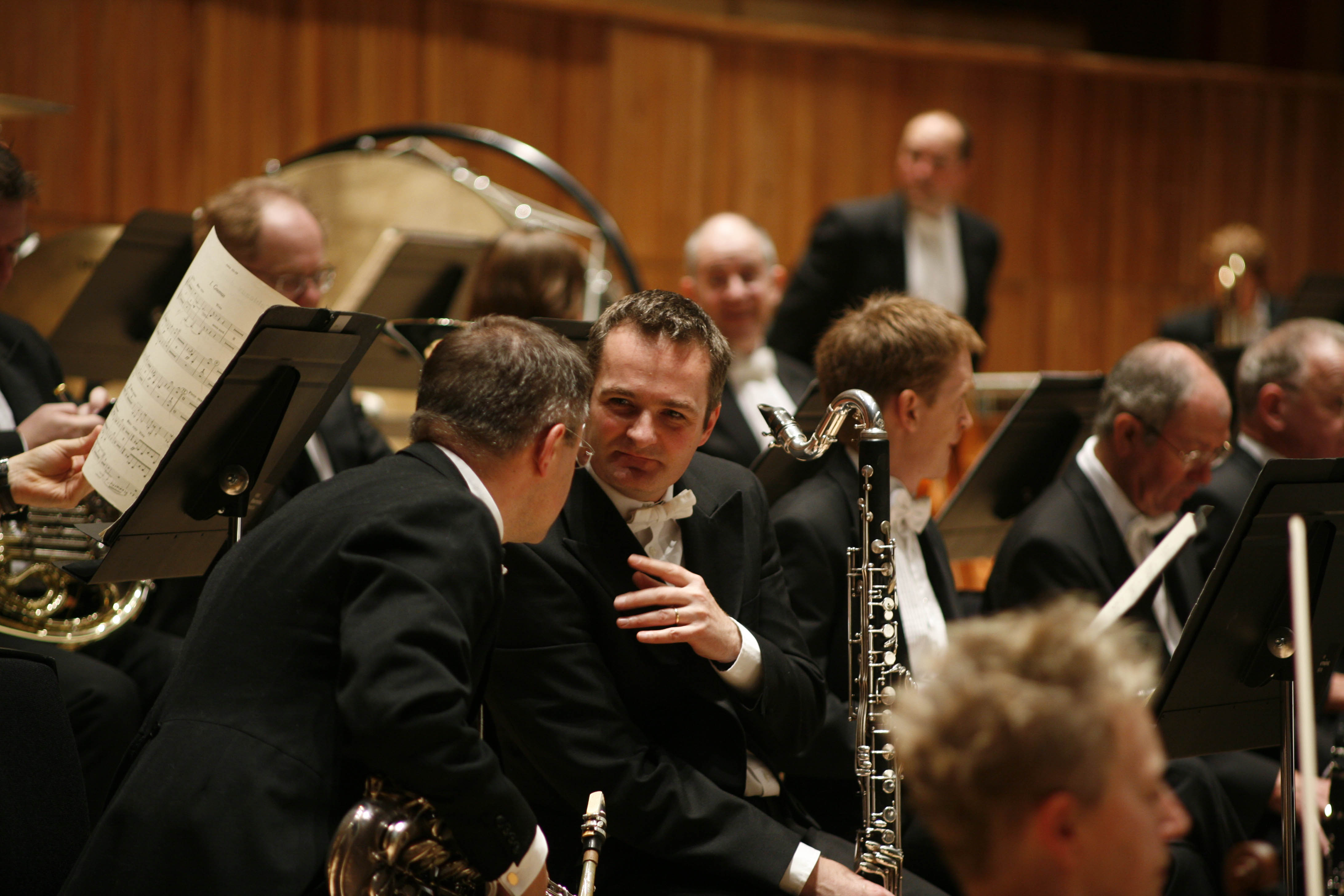
As far as I am concerned, ‘jam’ (in the musical sense – I love it on toast) is a very dirty word. They are, no doubt, fun to indulge in with a group of musically inclined friends, but the idea of watching an instrumental jam live on stage fills me with all kinds of dread. Who wants to listen to a bunch of self-indulgent musicians, too lazy to write proper songs, noodle away till they’re so far up their own arses that they don’t notice – or care – that their audience is falling asleep? Not me.
You will not be surprised to know, then, that I was more than a little sceptical as I chatted with Simon Richmond of The Bays, a band which, according to their press release, ‘have always given entirely improvised live performances and do not make recordings’. Sounds suspiciously like live jam territory to me.
But Simon is quick to detect and avert my cynicism. ‘The important thing to know is that it’s improvised, but not in the sense of, like jazz improvisation. It’s not a load of noodle, and it’s not one person in the spotlight doing solos while the other people sit back. We don’t have any solos and we don’t have a lead instrument.’
“It’s improvised, but not in the sense of, like jazz improvisation. It’s not a load of noodle”
The Bays certainly don’t play the kind of music one would normally associate with instrumental improvisation. They play dance music, or what can be loosely termed ‘electronica’. Indeed, it is only ever possible to categorise The Bays’ music loosely, because each gig they play is completely different. Simon explains: ‘if you’ve turned up to play the Glade Festival you know it’s going to be a break-beaty, vaguely trancey kind of crowd. But if you’re playing in a small theatre you can afford to play more introspective, ambient music because people are sitting down.’
To be in a band that only ever plays live jams seems like a bit of a cop-out to me, avoiding knuckling down to the most difficult part of music-making: crafting musical ideas into songs. But The Bays come across as far from lazy, and Simon is keen to stress that, unlike many improvisation-based groups, The Bays are not a band to rest on their laurels. ‘Me and Andy (the drummer) are constantly getting together and thinking of more harebrained schemes, ways to make things more difficult for ourselves.’
Their latest ‘harebrained scheme’ sounds like a truly fascinating one. The Bays have teamed up with composers John Metcalfe and Simon Hale – who between them have penned string arrangements for the likes of Blur, Morrissey, Kylie Minogue and Jamiroquai – in an attempt to incorporate an orchestra (the Heritage Orchestra, to be precise) into their improvised shows. By using a piece of music notation software called Sibelius, John Metcalfe and Simon Hale write musical ideas live on stage to accompany whatever The Bays are playing. The musical score they write then comes up on screens in front of the orchestra, who play it.
Simon points out, ‘essentially the orchestra is doing what an orchestra always does, which is reading the dots in front of them. It just so happens that the dots are appearing in real time in front of them as they play. But I’m completely in awe of John Metcalfe and Simon Hale. Each of them is writing for one half of the orchestra, and they’re on opposite sides of the stage from each other so you get these gorgeous combinations of sounds that a single person would never think to combine.’
Technically it is an astounding feat, but Simon is also careful to emphasise that the audience’s involvement is crucial too. ‘We’ve got these large video screens so that the audience can see the music coming up as it’s written. We wanted to make it as clear as possible. It’s all about presenting the music, getting people involved in seeing music being written as it happens. It is as much about actually being there as hearing it. A lot of people probably haven’t really thought much about how music is made. People think it’s just these sounds that come out of a box somewhere and are vaguely aware that computers are involved. But to actually see a group of people making it with their hands, live – it’s amazing.’
It is an admirable intention, and seems to me to be the key to the success of the project. What I ordinarily resent about live improvisation is that it becomes more about the technical ability of the musicians on stage than whether their performance is interesting for the audience that has paid to see them. But The Bays are not your typical jam-based band. They seem intent on pushing the boundaries of improvised music, and – crucially – are tackling that relationship between artist and audience head-on, in a completely original and fascinating way.


